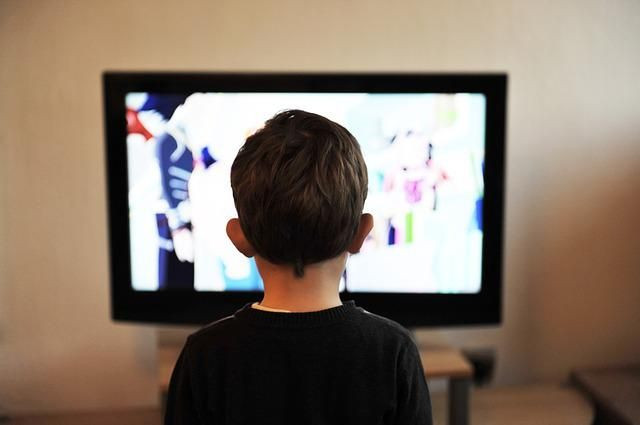1-Year-Old Child Dies After Swallowing Unidentified 'Poisonous' Object, Investigation Underway
A 1-year-old child in India died Thursday after swallowing an unidentified object believed to be poisonous.
The incident took place in the southern state of Kerala. The boy, identified only as Sarovar, started to show signs of uneasiness Wednesday evening, local media outlet Mathrubhumi reported.
His parents -- Shinto and Lakshmi -- were unaware of what had happened to him, and immediately rushed him to the hospital. The doctors there conducted a scan, which showed an object similar to a button battery inside his stomach. The doctors then discharged the child, saying the object would pass out of the body through stool.
However, by Thursday morning, the child's condition worsened. The parents then rushed him to the hospital again, where he was declared dead.
Despite being taken to the hospital on time, the doctors were unable to save his life, Malayalam News 18 reported [Google Translate showed].
Experts, who studied the case, said the child might have swallowed a poisonous object, adding the cause of death can be confirmed only after an autopsy was conducted.
The funeral of the child is set to be held Friday. The police have registered a case in connection with the boy's death, and an investigation was underway into the incident.
Such incidents are reportedly seeing an increase across the world, including the United States.
Researchers found recently that incidents of children visiting the emergency with battery-related injuries have seen a significant increase in the U.S. in the past decade.
A study, which was published in the journal Pediatrics in August, found the number of battery-related Emergency Department visits by children 18 years old and below in the U.S. had climbed from 2010 to 2019, compared to 1990-2009. In total, they found that the rate of such injuries was 9.5 per 100,000 children annually from 2010-2019. By comparison, the rate was lower at 4.6 per 100,000 per year from 1990-2009.
Much of such injuries affect younger children, with those five years old and younger, the study said. "Many ingestion events are unwitnessed, so making an early diagnosis is quite challenging," study co-author, Dr. Kris Jatana of Nationwide Children's Hospital, said in the news release.

© Copyright IBTimes 2025. All rights reserved.




















